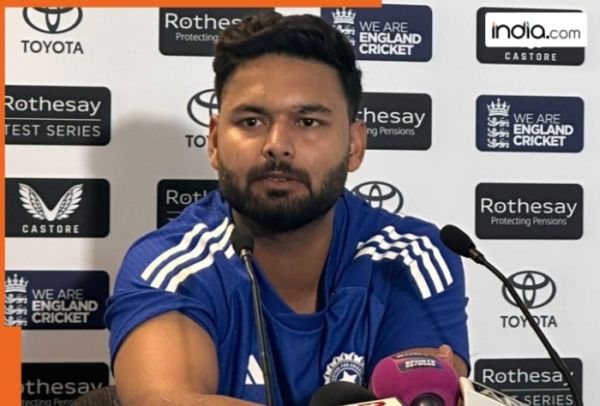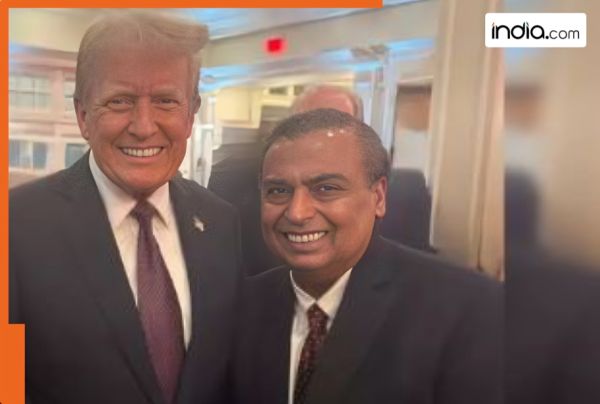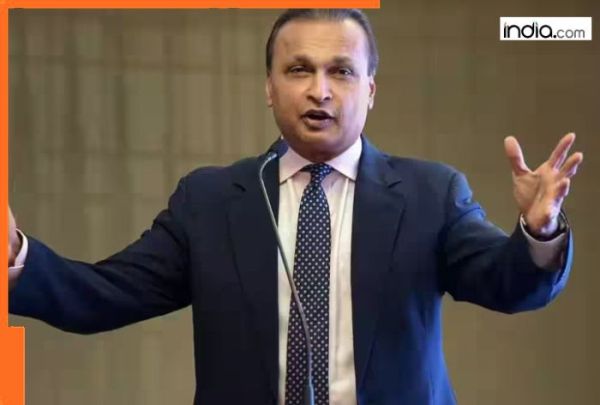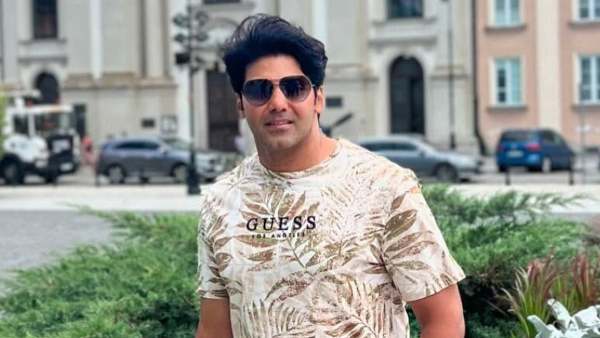
Every year, when the Central Board of Secondary Education (CBSE) announces the Class 12 results, a familiar national ritual plays out. Newspapers and social media are flooded with headlines about students scoring 99% and even 100%. A perfect score no longer seems unattainable. Interviews with toppers, beaming parents, and congratulatory messages dominate our screens. This ubiquitous phenomenon highlights a deeper, troubling truth about our obsession with marks and their rigid definition of success. Truth be told, success, when viewed in utilitarian clarity, becomes a performative mechanism—a dopamine-fuelled display of superiority that underpins social mobility, pride, and self-worth.
Students today are poised on a razor’s edge—balancing intense academic pressure, societal expectations, and personal dreams. They are constantly chasing the proverbial pot of gold at the end of the rainbow. For today’s kids, summer is no longer about chasing dragonflies but about being glued to smartphone screens. In this age of over-optimisation, the US has introduced the idea of ‘summer kid rotting’—a celebration of unhurried childhood, urging parents to step back and breathe. Is such a scenario imaginable in our country?
For generations, Indian parents, schools, and society at large have equated high academic performance with a secure future. This mindset has fostered a rigid and one-track ambition among high achievers: to become doctors, engineers, or civil servants. As a result, they are often steered toward careers traditionally associated with status and prestige—such as medicine, engineering, law, or government service. In contrast, social work—despite its profound value to society—is often not accorded the same respect or importance, simply because it is not seen as financially rewarding. Even within the sciences or commerce streams, unconventional paths like data science, design, or ecological research often face challenges in gaining as much support and recognition as more mainstream disciplines.
Children scoring below 90% are often haunted by spiralling thoughts of failure. For many students, the announcement of board results feels like standing at the edge of a black hole—uncertainty, fear, and imagined failures pulling them inward. Low marks should not be mistaken for fate’s thumbtack—pinning students to failure or pushing them down a slippery slope. In truth, a marksheet does not reflect a person’s intelligence, creativity, or true potential.
Take Kapil Dev, India’s legendary cricketer and a Padma Bhushan awardee. Kapil was never academically inclined. In interviews, he has admitted to being an average student. Yet, his leadership on the cricket field changed the history of Indian sports and inspired generations. Today, he is a respected icon—not because of his school marks, but because of his grit, passion, and perseverance. Yet, our schooling system continues to impose a one-size-fits-all approach. Coaching classes thrive as these students, relentless as the monsoon, devote their time to studying—sacrificing sleep and hobbies—while families invest lakhs of rupees in pursuit of an elusive top rank.
Every child grows up with his own dreams and aspirations. What we need to do is tap into that inner world, nurture his creativity, and resist the urge to homogenise him into a standardised mould. Let children dream freely, think independently, and follow a path shaped by their own spirit.
First, we must begin by reimagining success. We need to shift the spotlight from marks to meaningful learning. Schools should foster a spirit of intellectual inquiry, emotional intelligence, collaboration, and problem-solving Career counselling should expose students to a broader range of career paths. Parents should sometimes encourage their children to look beyond the allure of high-paying careers and pursue paths aligned with their instincts and temperament—something they truly enjoy. By offering a smorgasbord of options, we broaden the narrative and empower young people to dream differently.
Second, we should start telling more stories of unconventional success. Why should only toppers be interviewed after results? Why not feature students who plan to pursue theatre, culinary arts, environmental activism or wildlife conservation, like Valmik Thapar?
Lastly, it is essential to foster a culture of self-discovery. If students are encouraged to identify their strengths early on—be it in music, writing, stand-up comedy or communication—they’re more likely to align their actions with their authentic selves. After all, we are free-floating atoms—resilient, unpredictable, and capable of charting our own course through the minefield of life.
The purpose of education should be to shape individuals into multi-dimensional human beings, capable of navigating the challenges of real life, facing adversity and adapting to change. With such a mindset, individuals discover their true north—their beliefs and purpose—which then serve as a guiding compass in life.
The writer is an independent journalist.
-
Rishabh Pant confirms this star cricketer will replace Virat Kohli ahead of England series, not Karun Nair or Sai Sudharsan, his name is…

-
Mukesh Ambani’s BIG partnership with Donald Trump’s…, pays Rs 864348500 Trump’s Organisation as…

-
Masterstroke by Anil Ambani as Reliance Infra partners with Dassault Aviation to build Falcon 2000 jets in India, first flight scheduled for…

-
Tamil Actor Arya's House & Restaurant Raided By Income Tax Dept In Chennai

-
Israel-Iran War: At Least 600 Killed Amid Conflict; Trump Issues Threats, Khamenei Says 'We Will Not Surrender' - 10 Key Developments
